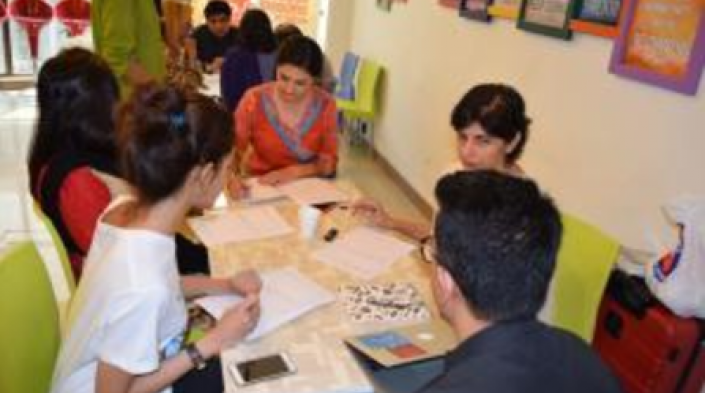
Publié le
Dernière mise à jour de cette page le
It was in 1996 that John Perry Barlow wrote the iconic Declaration of the Independence of Cyberspace. The declaration, which framed the internet as the ultimate equalizer, included the lines, “We are creating a world that all may enter without privilege or prejudice accorded by race, economic power, military force, or station of birth. We are creating a world where anyone, anywhere may express his or her beliefs, no matter how singular, without fear of being coerced into silence or conformity.” Twenty years on, this hope has all but faltered. Instead of becoming the fabled space where the privilege and prejudice present in the physical space become naught, the virtual spaces have often witnessed replication and even magnification of offline disparities. The replication of offline attitudes is most apparent when it comes to the way different genders experience the internet.
The gendered differences in the way male and female users experience the internet are even more pronounced in countries like Pakistan, where the default approach to women is seeped with ideals of shame, honour and protectionism; and so it is hardly surprising that women’s activities online are often religiously monitored by family, curtailed, and seen with extreme distrust. Those who are online face constant social surveillance and risk both pubic shaming and harassment at best, and blackmail and coercion at worst. They are also held accountable for the very abuse that is being directed towards them, as their own words or images are seen as the instigator of the hate that these women themselves are facing. Even in apparently progressive circles, women users have to navigate a space where sexism and misogyny are disguised as humor and reaction to sexist speech is dismissed as the women’s failure to enjoy a joke.
It was within this context that Media Matters for Democracy (MMfD) conceived the idea for a panel focusing on sexist humour and harm at RightsCon 2016. The panel, entitled “Hardly a Laughing Matter: Could Sexist Humour Amount to Dangerous Speech?”, addressed the fact that women facing abuse, harassment or even bullying online often feel alone and isolated. Having conducted a design-thinking workshop at the same conference, I informally engaged in multiple discussions on possible solutions for this lack of support. The panel highlighted the universal nature of the problem and also demonstrated that online sexism comes in various shapes and forms. It was disturbing to see how even jokes based on a sexist premise were affecting the expression of feminists online.
We came back with an idea to explore possible technological solutions to counter online harassment. Thanks to APC’s small grants programme, we did not have to wait long before we could actually explore such a solution.
MMfD is currently working to develop an application called Muavin, which translates as an “aide” or “facilitator”. The main idea for Muavin came out of the discussions at RightsCon and its design has been tuned during design-thinking and other workshops held by MMfD in Islamabad.
The application seeks to empower women and other marginalised groups to plug into and create their own communities who they can turn to for support in case of harassment, abuse and bullying. The app works on the simple premise that an abusive comment or tweet is more likely to be taken down if it is reported by multiple users instead of just the one user towards whom the abuse is directed. Muavin seeks to perform three basic functions;
- To create a large group of like-minded allies who can be requested to report abuse and harassment to platforms.
- To allow users to create their own small communities and support groups from among their contacts who can be used for support, particularly in cases where they don’t want to publicly share the incident with the larger community.
- To create spaces for discussion around specific incidents of harassment.
The application is currently in testing phase and is being tested with a core group of selected users. After the testing phase is over, the beta version will be shared with different digital rights groups for feedback, particularly in terms of privacy and security. Once the feedback has been incorporated, Muavin will be available on Play Store for general use. The application is open source and we hope that once released it will be further improved and used by other activists as well.
It has been nine months since we heard about the silencing impact of sexist speech online. In these nine months, we have tried our best to create something that allows women to feel supported and stay their ground instead of leaving their spaces. The complex nature of the issue makes it obvious that Muavin won’t be working as a magic pill that solves the issue of online harassment, but we do hope that it will empower at least some women to claim their digital spaces, well supported by allies and peers.
Photo: MMfD.A design-thinking workshop was held in Islamabad to understand the challenges faced by different stakeholders and brainstorm the design and shape of Muavin.


